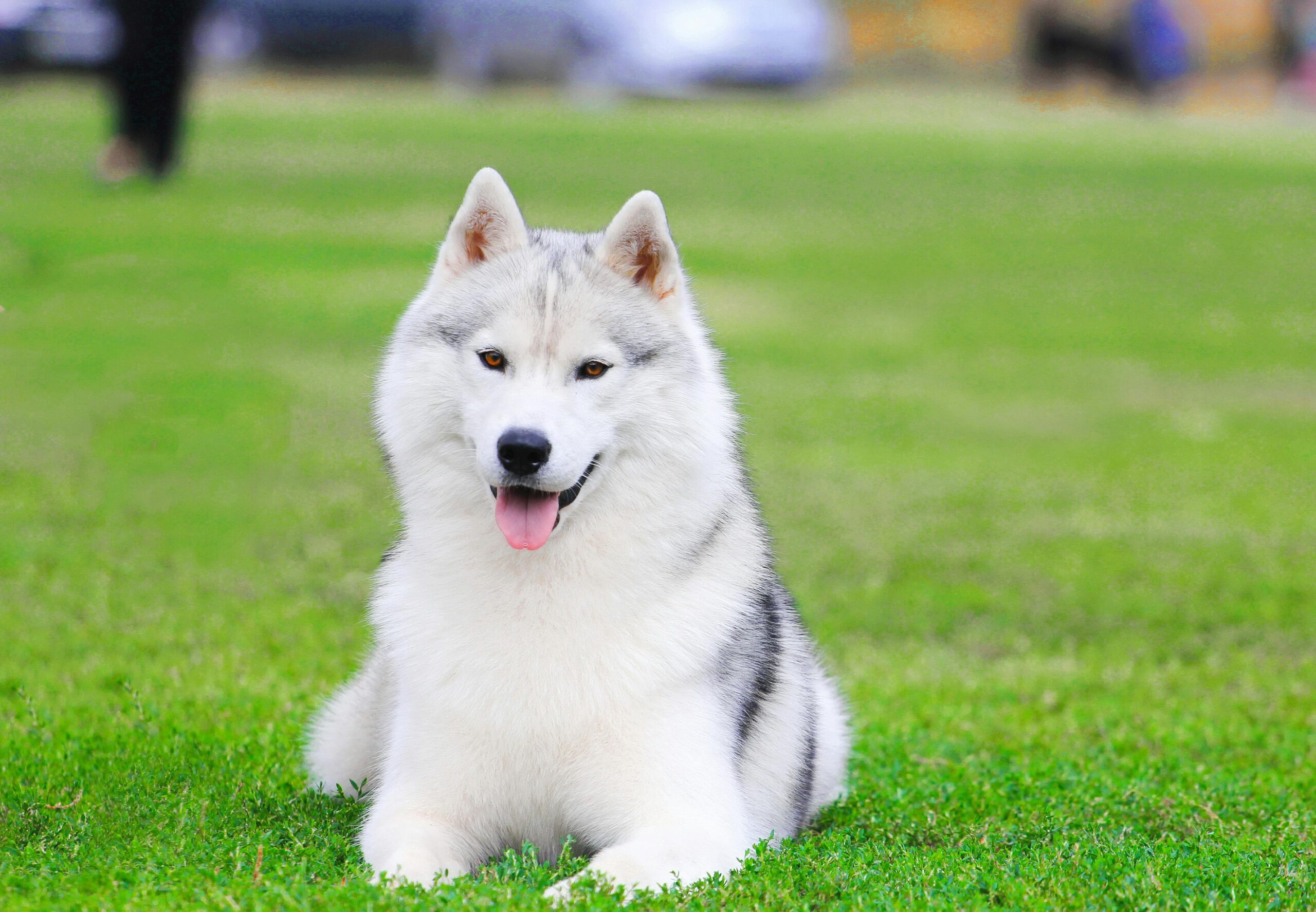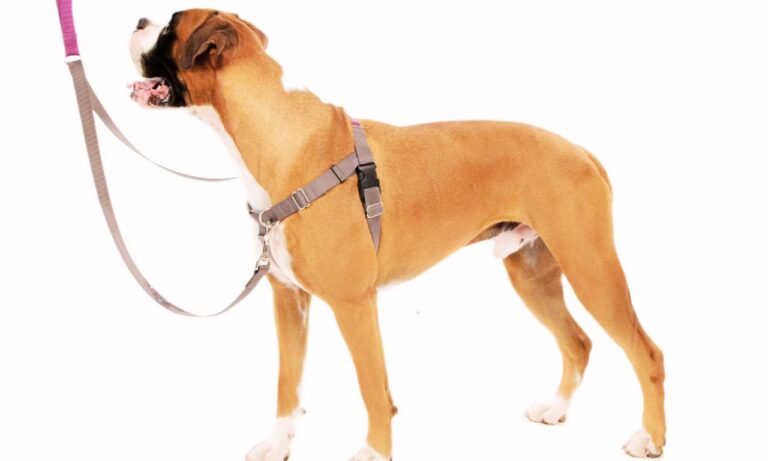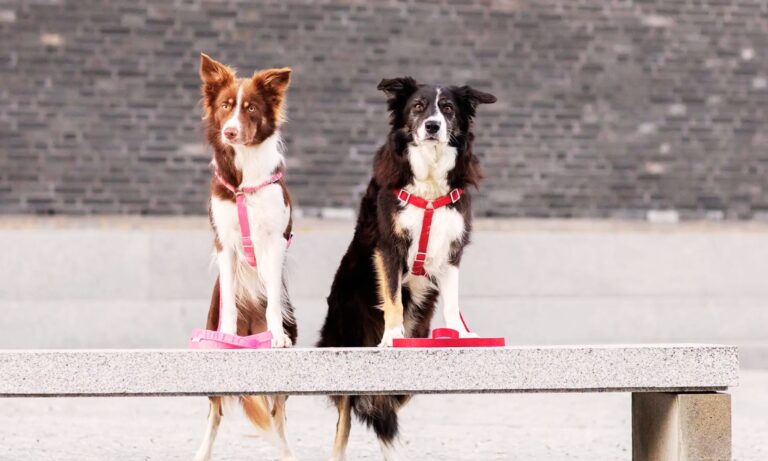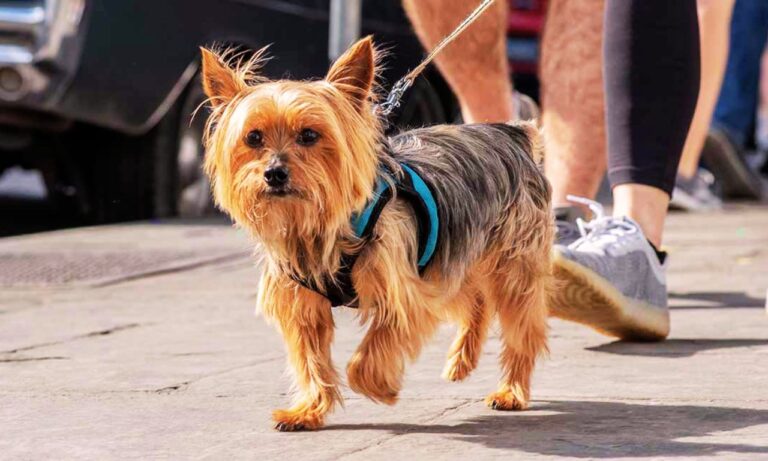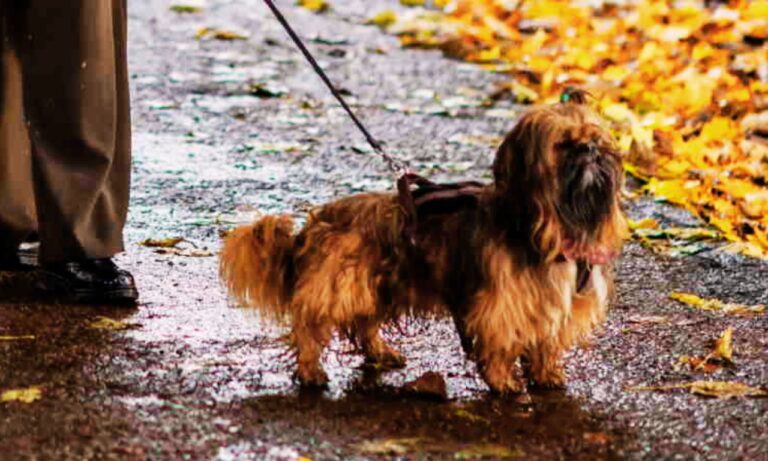Huskies are more than just strikingly beautiful dogs with their icy blue eyes and wolf-like appearance. They’re energetic, clever, mischievous companions who can make life an endless adventure. But just like with any beloved pet, one of the biggest questions owners wonder is: How long will my Husky live? What is Husky Lifespan in Human Years?
And, just as important, how does that translate into human years? In this detailed guide, we’ll explore the average lifespan of Huskies, how to calculate their age in human years, what factors influence their longevity, and what you can do to help your Husky live the fullest, healthiest life possible.
To find out the what size collar for an Affenpinscher, ensure you measure your dog’s neck correctly for a perfect fit.
Blog Highlights
ToggleWhat Is the Average Husky Lifespan in Human Years?
Husky Lifespan in Human Years: On average, a Siberian Husky lives between 12 and 14 years.
This is considered relatively long compared to many large dog breeds. Huskies are classified as medium to large dogs, weighing anywhere from 35 to 60 pounds, yet they often outlive other breeds of similar size like German Shepherds or Golden Retrievers.
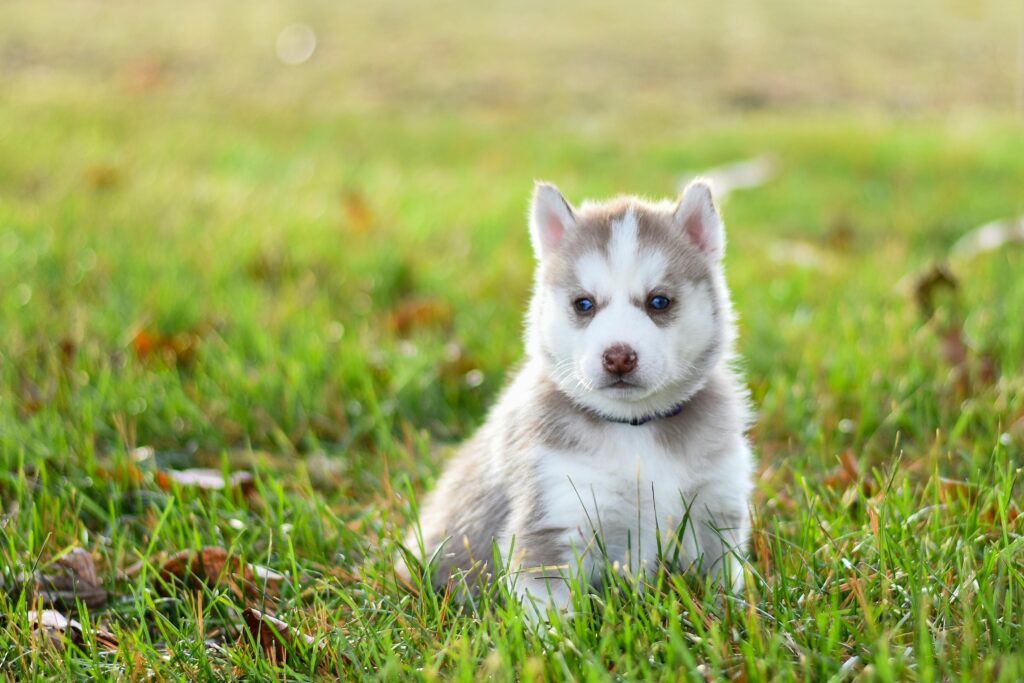
In rare cases, some Huskies even live up to 15 or 16 years, while others may sadly pass away earlier due to health issues or accidents.
Quick breakdown:
- 12–14 years is the typical lifespan.
- 10–12 years is below average (often due to health problems or accidents).
- 14–16 years is exceptional longevity for a Husky.
Their hardy origins in the harsh Siberian tundra mean Huskies are naturally tough, resilient dogs — but like all breeds, they need proper care to maximize their potential lifespan.
How to Convert Husky Years to Human Years
We’ve all heard the old myth that one dog year equals seven human years. While that’s a fun shortcut, it’s not scientifically accurate.
Dogs, including Huskies, age much faster in their first few years of life compared to later years. A better formula, backed by veterinary research, looks something like this:
- At 1 year old, a Husky is roughly 15 human years.
- At 2 years old, a Husky is about 24 human years.
- After that, each additional dog year equals around 4–5 human years.
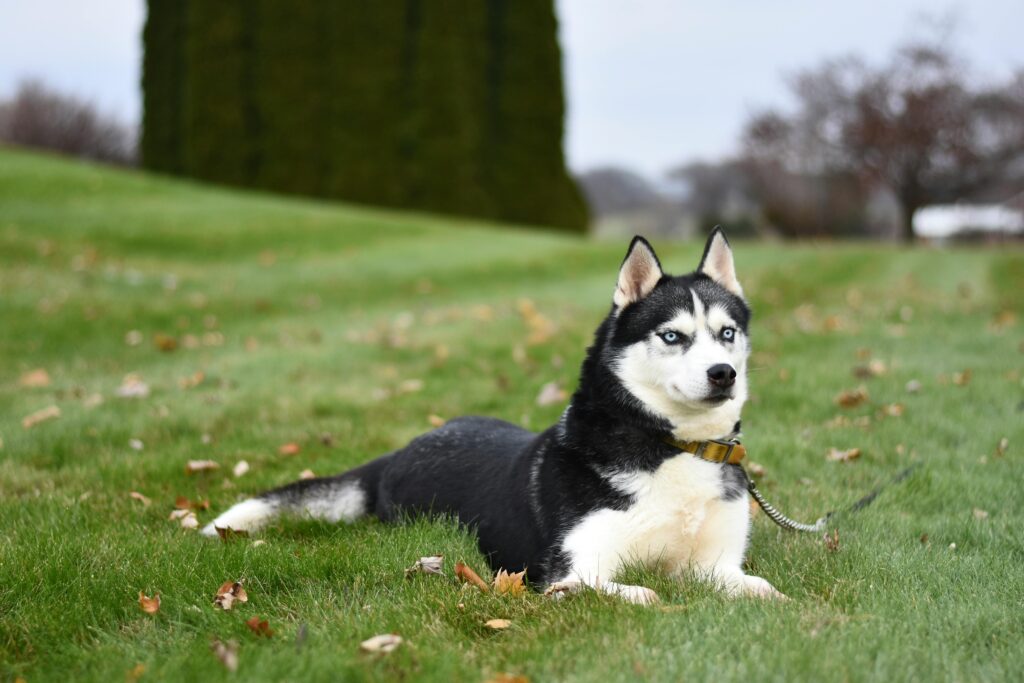
Here’s a simple Husky-to-human year chart:
| Husky Age | Human Equivalent |
| 1 year | 15 years |
| 2 years | 24 years |
| 3 years | 28 years |
| 4 years | 32 years |
| 5 years | 36 years |
| 6 years | 40 years |
| 7 years | 44 years |
| 8 years | 48 years |
| 9 years | 52 years |
| 10 years | 56 years |
| 11 years | 60 years |
| 12 years | 64 years |
| 13 years | 68 years |
| 14 years | 72 years |
| 15 years | 76 years |
So, if your Husky reaches 14 years old, that’s equivalent to a 72-year-old human! An impressive senior milestone full of wisdom, gray fur, and hopefully lots of soft naps in the sun.
Do Huskies Live Longer Than Other Dog Breeds?
Compared to many other large dog breeds, Huskies tend to live longer. Here’s a quick comparison:
- Labrador Retriever: 10–12 years
- German Shepherd: 9–13 years
- Bernese Mountain Dog: 7–10 years
- Rottweiler: 8–10 years
- Golden Retriever: 10–12 years
- Siberian Husky: 12–14 years
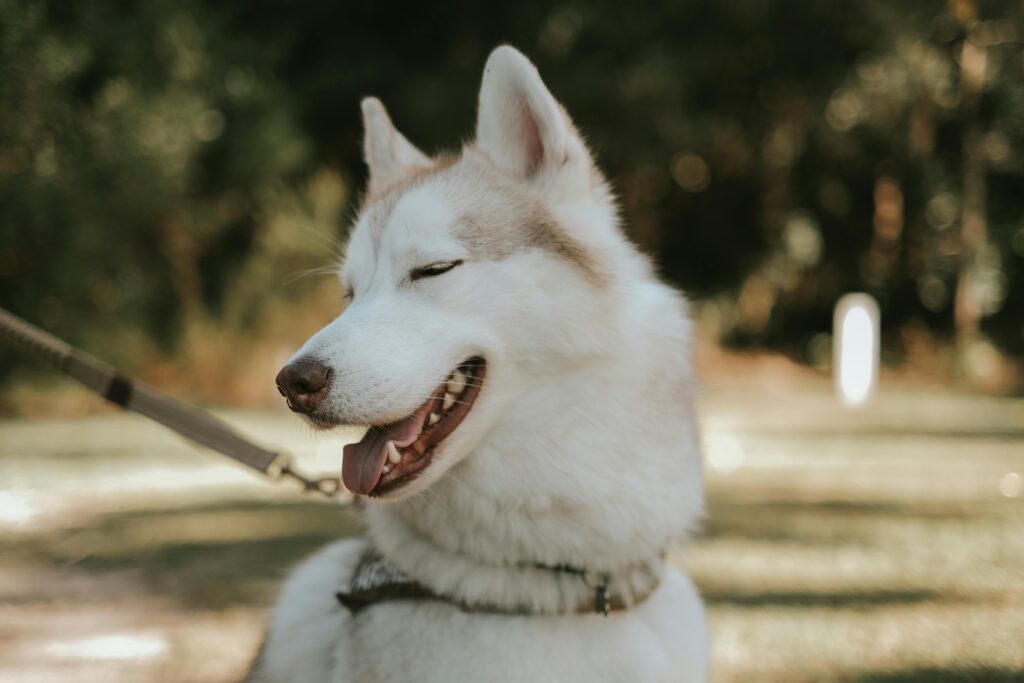
Their longer lifespan is partly thanks to their working dog heritage. Huskies were bred for endurance, strength, and resilience — not for exaggerated physical traits like overly flat faces (brachycephalic breeds) or giant sizes that often shorten lifespan.
Simply put, the Husky’s natural athleticism and genetic diversity give them a health advantage over some more “man-made” breeds.
For a step-by-step guide on how to wear collar to an Affenpinscher, check out this detailed article to ensure a comfortable and secure fit for your dog.
Factors That Influence a Husky’s Lifespan
Just like with humans, many factors play into how long your Husky will live. Some you can control — and some you can’t.
1. Genetics
If your Husky comes from a long line of healthy, long-lived ancestors, they’ll have a better shot at living a full life. Some breeders prioritize looks over health, so choosing a reputable breeder who does genetic testing can make a big difference.
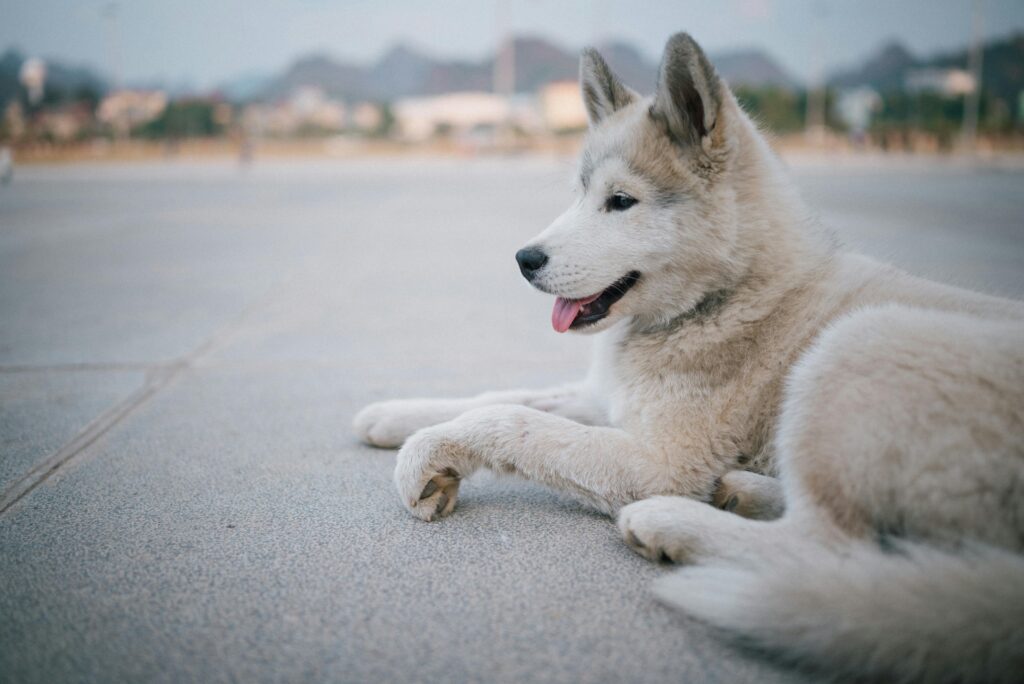
2. Diet and Nutrition
You are what you eat — and that’s just as true for Huskies. A diet rich in high-quality protein, healthy fats, and essential vitamins can prevent obesity, strengthen the immune system, and slow down aging.
Commercial kibble can be fine if it’s premium quality, but some owners opt for raw diets or home-cooked meals with guidance from veterinary nutritionists.
3. Exercise and Mental Stimulation
A bored Husky is a destructive Husky — and a sedentary Husky is an unhealthy Husky.
Huskies need at least 1–2 hours of exercise daily, plus regular mental challenges like puzzle toys, training games, or even agility sports. Active Huskies tend to stay leaner, happier, and more physically resilient into old age.
4. Healthcare and Preventive Vet Visits
Routine vet check-ups can catch problems early. Vaccinations, dental care, flea/tick prevention, and regular blood panels become more important as your Husky ages.
Starting at age 7 (their “senior” years), your Husky should have wellness exams every 6 months instead of once a year.
5. Environmental Factors
Stress, poor living conditions, exposure to toxins, secondhand smoke, or unsafe areas (like busy streets) can all impact a Husky’s lifespan.
Creating a safe, clean, low-stress environment for your Husky can add precious years to their life.
Check out the best dog collars for Border Collie to find durable, stylish, and comfortable options for your active dog.
Common Health Problems in Aging Huskies
While generally healthy, Huskies aren’t immune to illness. Some of the most common conditions affecting older Huskies include:
- Hip Dysplasia: Malformed hip joints leading to arthritis and pain.
- Eye Problems: Cataracts, progressive retinal atrophy (PRA), and corneal dystrophy are common.
- Hypothyroidism: An underactive thyroid slowing metabolism and causing weight gain.
- Cancer: Particularly in very old Huskies (over 10 years).
- Zinc Deficiency: A quirky but breed-specific issue causing skin lesions.
Proactive monitoring and early treatment can often manage or slow these conditions dramatically.
Tips to Help Your Husky Live Longer
Want to maximize your Husky’s years and make sure they’re full of tail wags and happy memories? Here’s what you can do:
1. Feed the Best Possible Diet
Prioritize quality over quantity. Choose food rich in real meat, omega-3s, antioxidants, and minimal fillers. Avoid overfeeding to prevent obesity — a major risk factor for shortening lifespan.
2. Maintain a Consistent Exercise Routine
Even into old age, Huskies crave movement. Tailor exercise to their abilities: gentle hikes, swimming, slow jogs, or brain games like hide-and-seek.
3. Stay on Top of Vet Care
Annual or semi-annual wellness checks, dental cleanings, and routine bloodwork can catch issues long before they become serious.
4. Protect Their Joints
Starting joint supplements early (like glucosamine and chondroitin) can help maintain mobility into the senior years. Soft beds and ramps to cars can ease daily life as they age.
5. Keep Their Minds Sharp
Huskies are clever — sometimes too clever. Teach new tricks, offer challenging toys, and engage them in tasks to prevent mental decline.
6. Shower Them With Love and Attention
Never underestimate the power of emotional well-being. Happy, loved dogs often live longer, just like people. For guidance on choosing the right collar size for an Airedale puppy, check out this detailed guide.
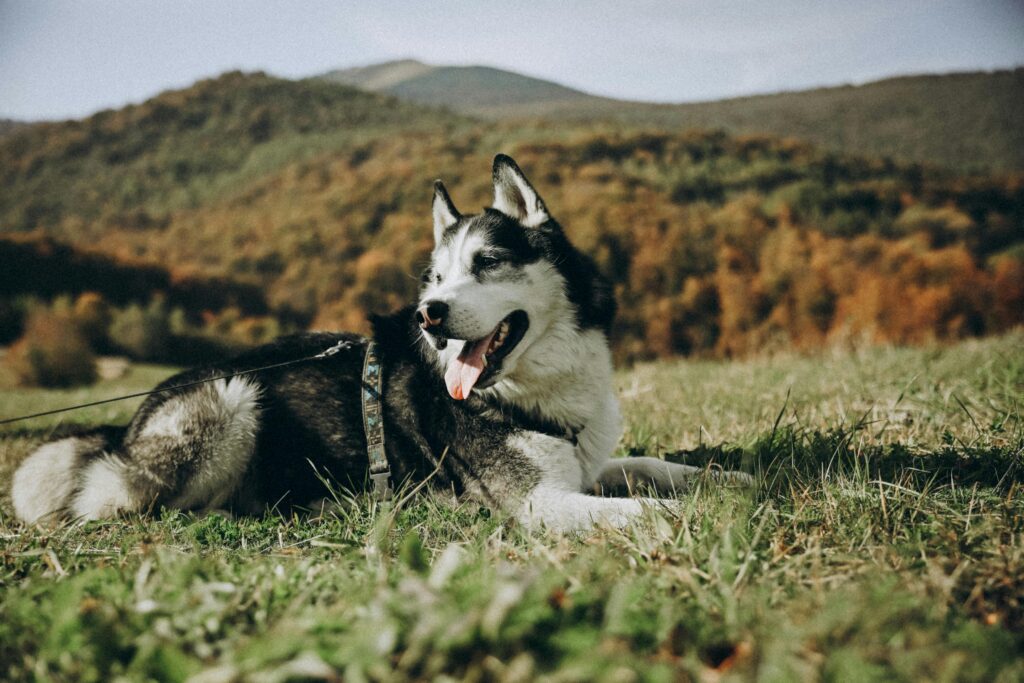
Balto the Husky’s Long Life
One of the most famous Huskies in history, Balto, lived an astonishing 14 years — equivalent to around 72 human years! Balto became a legend after leading a team through brutal Alaskan conditions to deliver life-saving medicine during the 1925 serum run to Nome.
Despite the harsh conditions of his early life, Balto lived out his senior years peacefully at the Cleveland Zoo, enjoying the adoration of fans and caretakers.
His life is a shining example that with a combination of genetics, resilience, and care, Huskies can live impressively long, impactful lives.
How to Tell When a Husky Is Entering Their Senior Years
Huskies are notoriously youthful — they often act like goofy puppies well into their later years. But there are subtle signs that your energetic Husky is transitioning into their golden era:
- White or gray fur around the face
- Slower recovery from exercise
- More frequent napping
- Less interest in long runs
- Stiffness after lying down
- Hearing or vision loss
Recognizing these signs early means you can adjust their care plan: shorter, gentler walks, orthopedic beds, and softer foods. For insights on whether Airedales are good off-leash, explore this comprehensive article.
Final Thoughts: Cherish Every Stage of Their Life
Knowing that the average Husky Lifespan in Human Years is 12 to 14 years, equivalent to a robust 64 to 72 human years, gives us a beautiful perspective on their life journey.
Puppyhood, adolescence, adulthood, seniorhood — every stage with your Husky is precious. By understanding their aging process in human terms, we’re reminded just how quickly time passes and how deeply meaningful every wag, every howl, and every cuddle truly is.
With the right care, attention, and love, you can help your Husky not only live a long life but a life bursting with adventure, affection, and unbreakable bonds. Discover the benefits of using a harness by reading this guide on should a Collie wear a harness.

